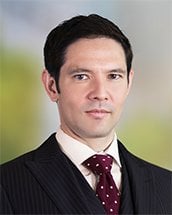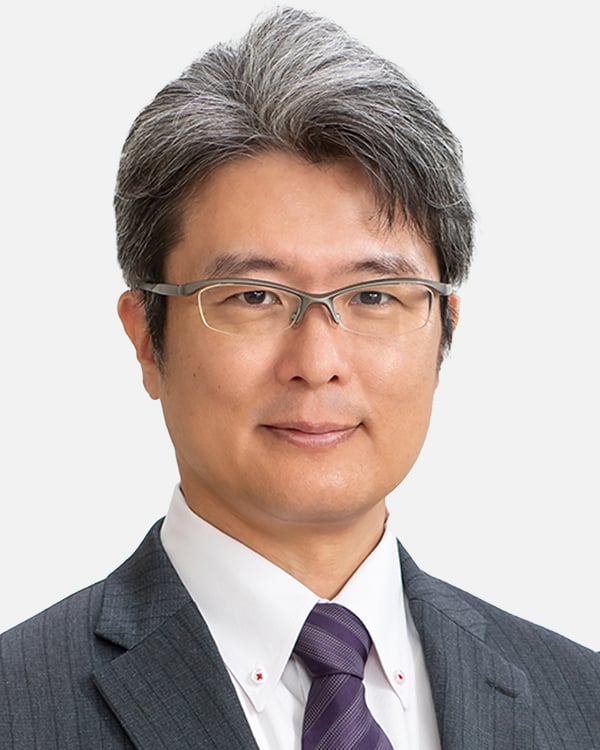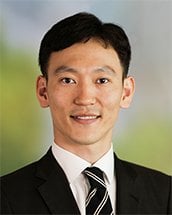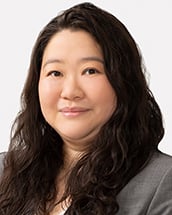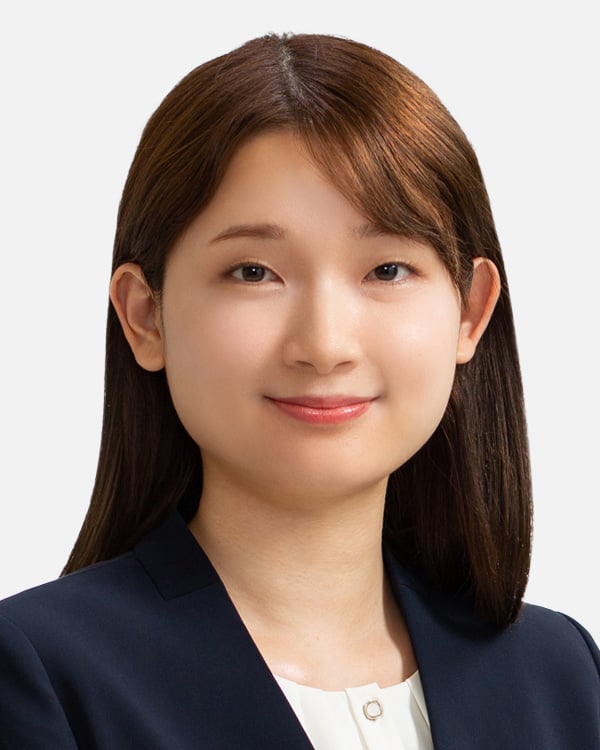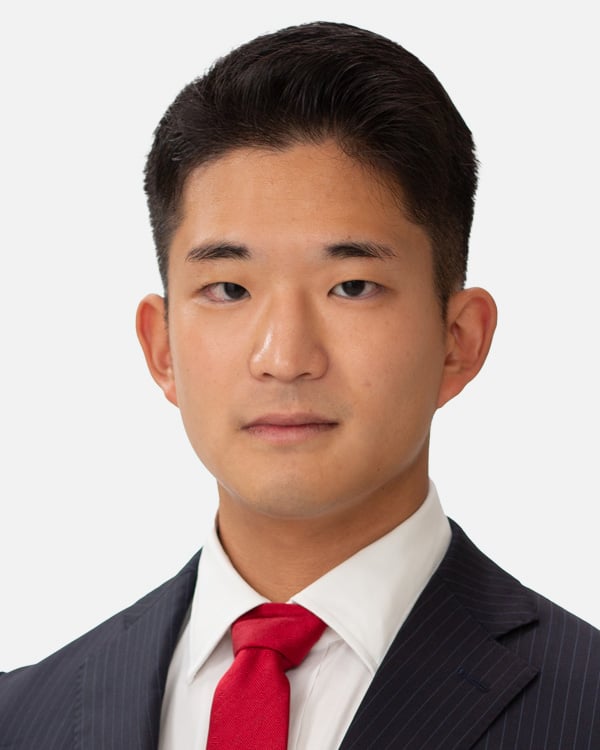1. In brief
On May 16, 2024, the Tokyo District Court issued a judgment in relation to a case as to whether “AI” could be recognized as an “inventor” of a patent. The judgment indicated that it is reasonable to conclude that an “inventor” under the Patent Act is limited to natural persons in light of the intellectual property laws and other laws in Japan.
2. Background
2.1 The patent application and inventor identified in the application
When filing a patent application several years ago, the plaintiff indicated “DABUS, an artificial intelligence system which autonomously invented the invention”, as the name of the sole inventor of the relevant invention.
The Japan Patent Office (JPO) issued an amendment order indicating that the name of the inventor be a natural person, based on the understanding that only a natural person may be listed as the inventor in a patent application. The plaintiff did not comply with the amendment order and did not amend the name of the inventor. As a result, the JPO rejected the plaintiff’s patent application. The plaintiff filed a lawsuit against the JPO, claiming that the JPO’s decision was unjust.
Similar lawsuits and actions for “DABUS” have been brought in other countries as part of “The Artificial Inventor Project” which is “a series of pro bono legal test cases seeking intellectual property rights for AI-generated output in the absence of a traditional human inventor or author”.
2.2 Corresponding application in foreign jurisdictions
“The Artificial Inventor Project” website lists the status of patent applications which they have filed with AI as the inventor in various countries.
According to this website, patent applications which have been filed with AI as the inventor have been rejected in many countries (Australia, EU, Germany, Israel, New Zealand, South Korea, the United Kingdom, the United States, Canada, Saudi Arabia, Taiwan, and Japan).
It appears that the most common reason for the intellectual property offices in these jurisdictions to reject the patent applications has been that the inventor must be a natural person and not AI.
In the United Kingdom, the Supreme Court made a decision on December 20, 2023, to dismiss DABUS’ appeal on the grounds that the UK Patent Act 1977 requires that the inventor must be a natural person.
The only country where a patent has been granted with AI as the inventor is South Africa. However, it is important to note that South Africa has a “non-examination registration system”, where the patent office only checks to make sure that the patent application meets the basic formal requirements.
3. Judgment
3.1 Issue
The issue was whether AI can be listed as inventor when filing a patent application under the Patent Act.
3.2 Ruling
The Tokyo District Court mainly examined whether it was reasonable to conclude that an “inventor” under the Patent Act is limited to natural persons. The Court concluded that based on the provisions of the Patent Act and the Intellectual Property Basic Act that an “inventor” is defined as being a natural person.
In addition, the Court raised possible issues which could arise if AI is listed as an inventor under the current law and examples of such issues.
The judgment of the Court merely held that under the current law, it is not permissible to identify an AI as an “inventor,” and should not be interpreted to mean that an AI invention is generally not a patentable invention. It is worth noting that the judgment expressly stated that whether AI inventions can be accepted or not should be resolved through legislation, taking into account the changes in socioeconomic structure and other factors brought about by AI.
4. Key takeaways
- Under the current Patent Act, “inventors” are interpreted to mean “natural persons.” Therefore, when filing a patent application, it is necessary to provide details of a natural person as the inventor, even if AI had made a major contribution to the invention.
- The Tokyo District Court clarified its position that AI inventions need to be addressed through legislation in light of the changes to the society and economy and other factors due to rise of AI. The Japanese government has discussed this issue through the Review Meeting for Intellectual Property Rights in the Age of AI (established in October 2023) and recently published an interim report.
- The Tokyo District Court also clarified that since there is a difference between the creative ability of a natural person and the autonomous creative ability of AI, which will evolve further in the future, it is debatable whether provisions in relation to natural persons, such as the concept of a “skilled in the art” can immediately be applied to AI to determine if there is an inventive step in accordance with the existing legislation.

